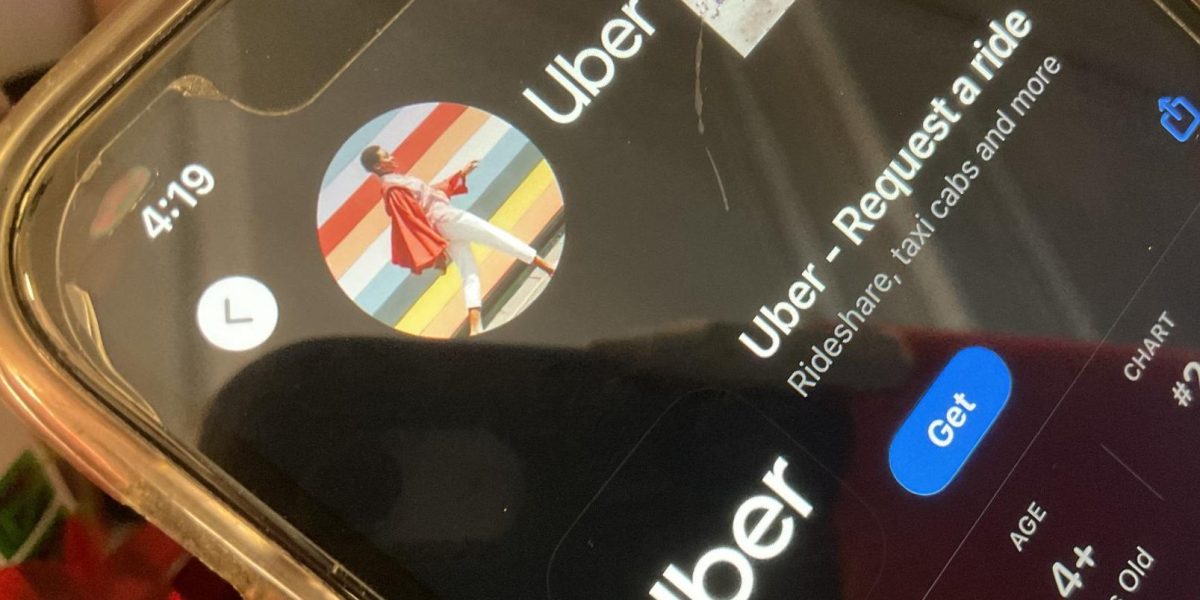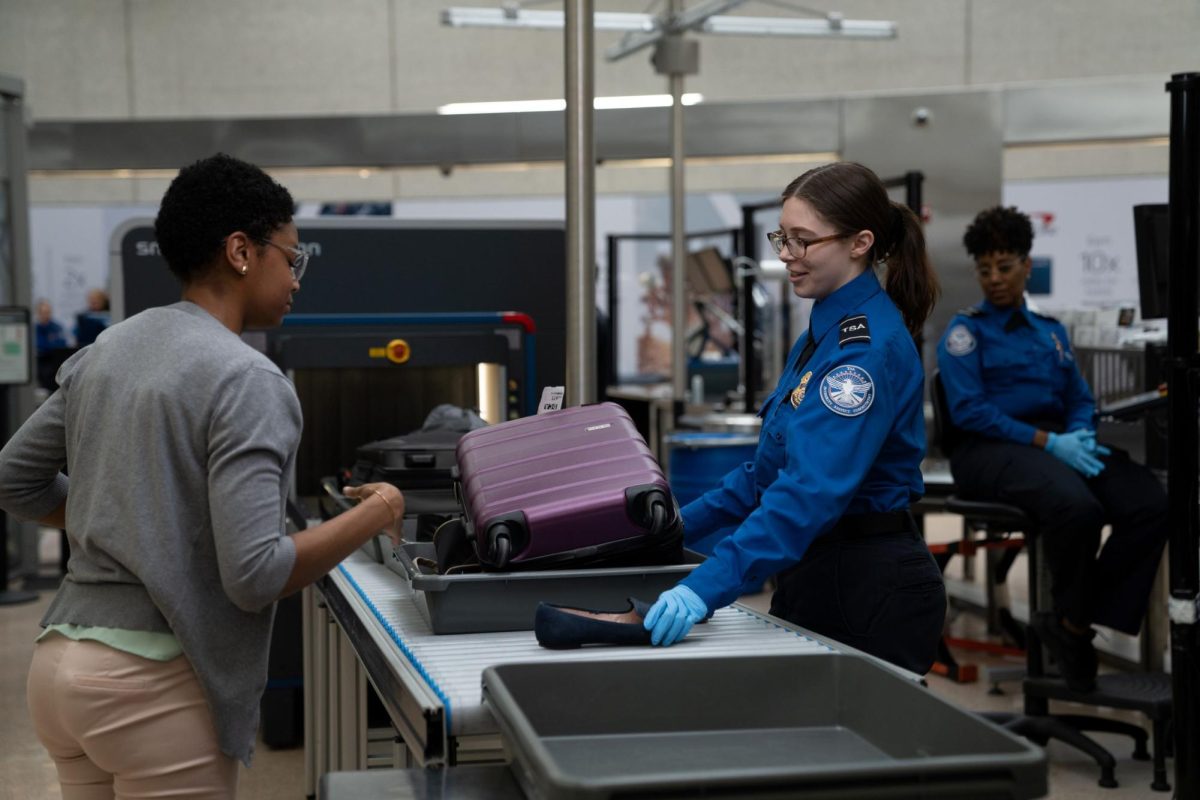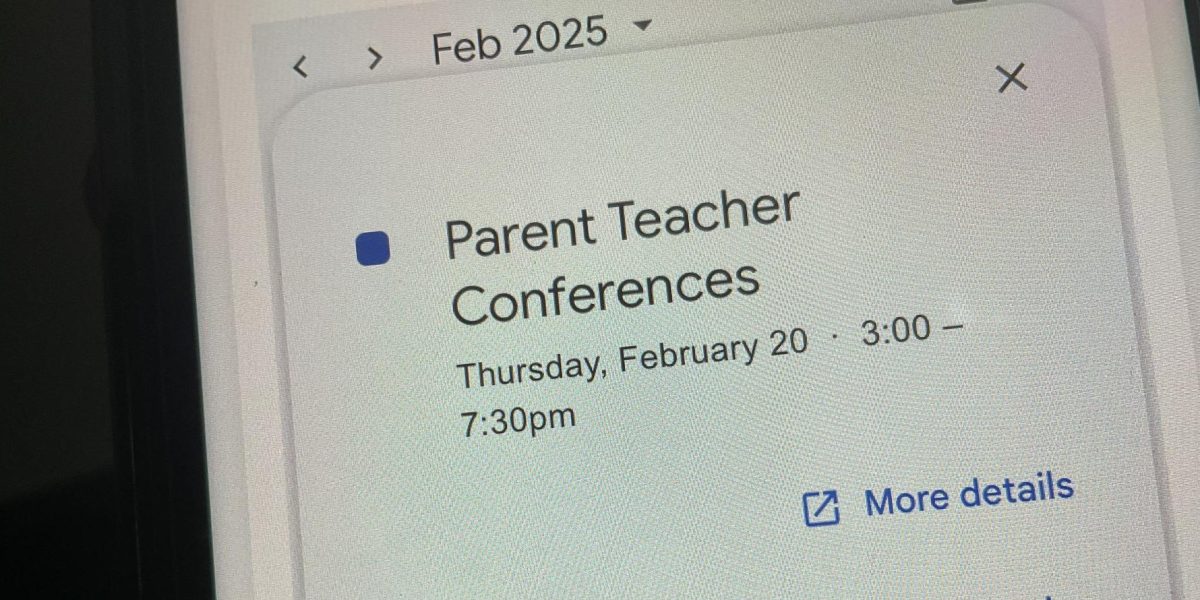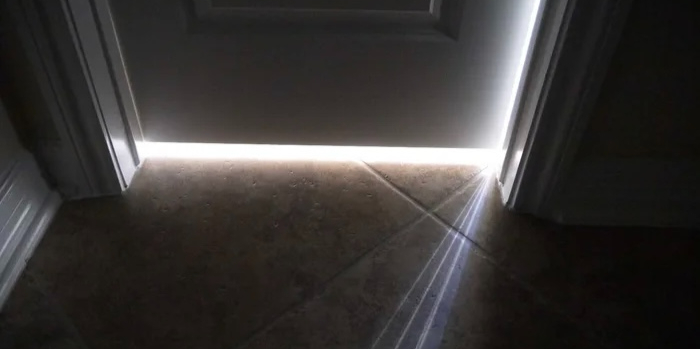COVID Vaccine: Should you get it?
March 1, 2021
The COVID Vaccine is a major topic in the news today. With more information coming out on the two different vaccines you might wonder which one is better for you. So far we have two different vaccines that are being distributed through the United States. These two vaccines are called Moderna and Pfizer.
Pfizer Vaccine
Pfizer’s vaccine is the first mRNA vaccine that received EUA by the FDA. Although mRNA vaccines are now being approved for the first time, they have been a topic of study by researchers for decades. The difference between mRNA vaccines and more traditional ones comes down to what is contained within the vaccine.
Key Ingredients:
- potassium chloride
- monobasic potassium
- phosphate, sodium chloride
- dibasic sodium phosphate dihydrate
- sucrose
Moderna Vaccine
Based on evidence from clinical trials, the Moderna vaccine was 94.1% effective at preventing laboratory-confirmed COVID-19 illness in people who received two doses who had no evidence of being previously infected. Side effects (such as fever, chills, tiredness, and headache) throughout the body were more common after the second dose of the vaccine. The vaccine appeared to have high effectiveness in clinical trials among people of diverse age, sex, race, and ethnicity categories and among persons with underlying medical conditions. You must be 18 years or older to receive this vaccine.
Key Ingredients:
- messenger ribonucleic acid (mRNA)
- lipids (SM-102
- polyethylene glycol [PEG] 2000 dimyristoyl glycerol [DMG]
- , cholesterol
- and 1,2distearoyl-sn-glycero-3-phosphocholine [DSPC])
- , tromethamine
- tromethamine hydrochloride
- acetic acid
- sodium acetate
- sucrose.
Should You Get The Vaccine?
From what they know the answer is yes. Even if you’ve had the virus before you should still get the vaccine. If you’ve had the virus you should wait 90 days from the day after you test negative to receive the vaccine. If you are pregnant you can get the vaccine if you choose, however, the safety data is not yet known. A pregnant woman should consult their doctor before getting the vaccine. The only people who should be worried about getting the vaccine should be the ones that have had serious allergic reactions to previous vaccines. Although there have been no serious allergic reactions during the United States trial the United Kingdom did have some. You should not receive the Pfizer vaccine around the same time that you receive the flu shot. In that case it also warns to not get the vaccine with any other vaccine at this time. It is very important to do your research on both of the vaccines before taking the, to ensure that you won’t have a serious allergic reaction.





















































